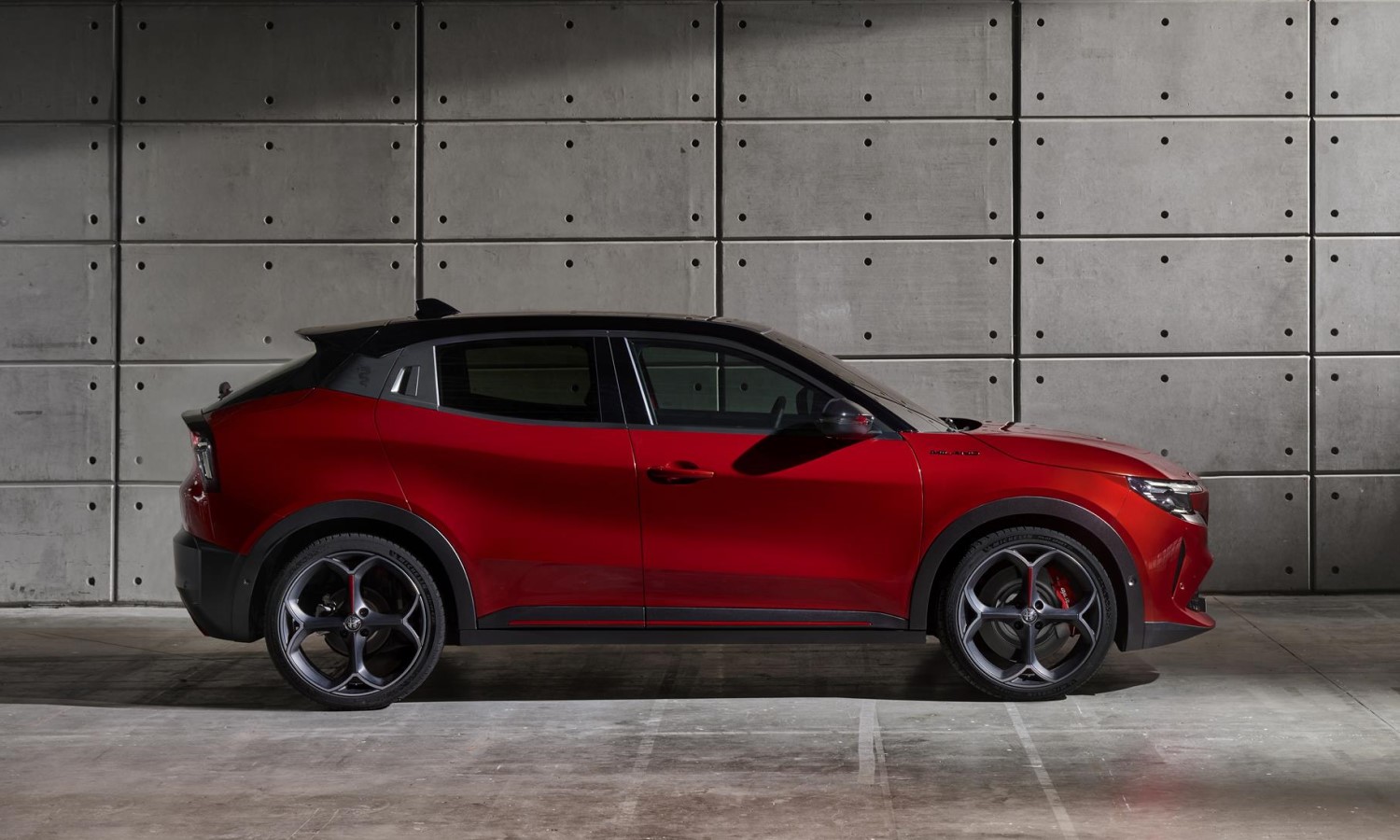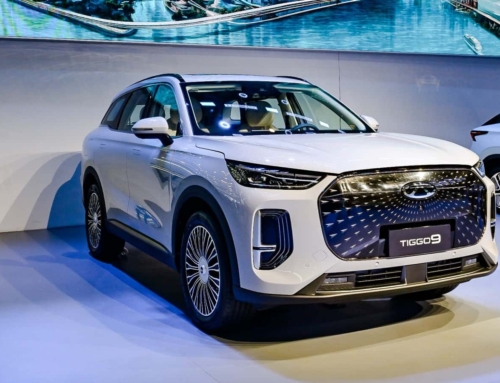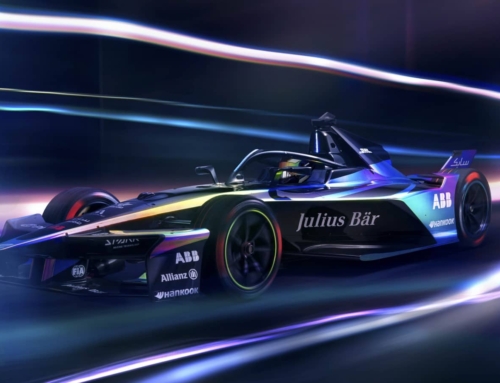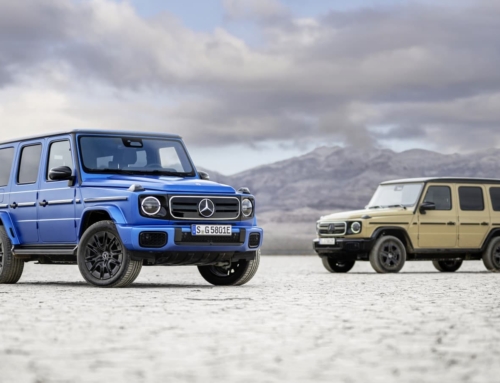A few days ago we brought you a news article regarding a new crossover from Alfa Romeo (link here). We reported that it’s called the Milano, named after the fashion capital of Italy. However, the Italian government has put the brakes on that name. So Alfa’s new model will henceforth be called the ‘Junior’.
Follow Double Apex on Instagram and Facebook where we share more car content.
What’s In A Name?
In recent years certain industries and even countries have taken to protecting IP and trademarks. You can’t call sparkling white wine ‘champagne’ unless it comes from that region of France. The same holds true for ‘port’ which is simply fortified wine unless it comes from Portugal.
Italy has put similar protections in place. Parmigiano is uniquely Italian, while Parmesan can be made anywhere. The same applies to naming cars after cities, it seems, especially cars that are not made in Italy. The Milano is built at Alfa’s Tychy assembly plant, located in Poland, which did not sit well with the brass. Moving production to Poland enables Stellantis, Alfa’s parent company, to produce each unit at a significantly lower rate.
Illegal…?
Adolfo Urso, Italy’s industry minister, criticised Alfa Romeo for marketing a foreign-built car with an Italian name. “A car called Milano cannot be produced in Poland,” Urso. “This is forbidden by Italian law. This law stipulates that you cannot give indications that mislead consumers. So a car called Milano must be produced in Italy. Otherwise, it gives a misleading indication which is not allowed under Italian law.”
Incidentally, the name was chosen from suggestions in a public vote. Alfa’s new model will now be referred to as the ‘Junior’, a name that fans of the brand will be well aware of.
Jean-Philippe Imparato – CEO Alfa Romeo said in response: “The choice of the name Alfa Romeo Junior is completely natural, as it is strongly linked to the history of the brand and has been among our favourites and among the public’s favourites since the beginning. We decided to change the name, even though we know that we are not required to do so, because we want to preserve the positive emotion that our products have always generated and avoid any type of controversy.”






Leave A Comment